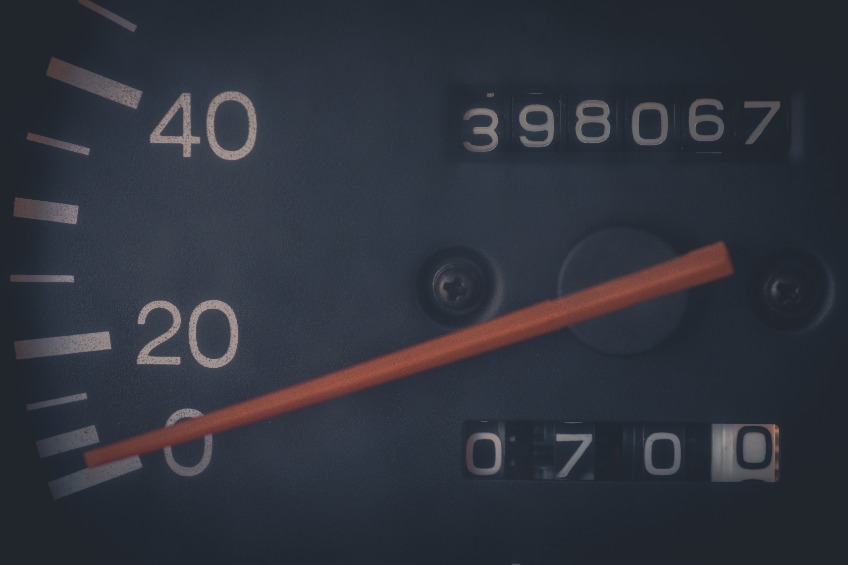
Just like your body, your vehicle needs some TLC through reliable checkups. Routine maintenance is required for all vehicles, and the needs will vary with every make and model. But keep in mind, your vehicle’s health also relies on how you drive your car. Let’s be honest, some of us are much harder on vehicles than others. Consider your 16-year-old learning to drive your manual transmission—that’s tough on the clutch and the car. Or maybe you’re a speedster and you push that car to the max everywhere you go. That can be okay as long as you provide appropriate care for that vehicle. Car care isn’t just to prolong the life of the car, it’s also a safety requirement. A neglected car is only going to be reliable for so long. Make sure you’re safe on the road by performing regular vehicle maintenance. Even though every car and driving situation are a little different, there are some approximations to follow for general car health. As a general rule, here are some mileage markers for basic routine car maintenance: Whether you just bought a new car or a used one, start off by ensuring the oil is full and clean. Oil changes and oil filter replacement is typically recommended around 3,000 to 7,000 miles. During this checkup, it’s important to look at the coolant, your tires and lights, and fluids such as transmission fluid, power steering fluid, and windshield washer fluid. You can check some of these fluids yourself, but a quality shop will also do this for you and will make sure replacements or refills are done correctly. This is a good time to replace the air filter and to assess the battery life. Fuel filters may be ready for a replacement at this time as well. Make sure you get the brake pads and suspension checked as well, especially if you’ve noticed squeaking or shaking when you hit the brakes or if you start feeling like the drive has gotten a little bumpier recently. Fluid levels should also be checked. Batteries usually need to be replaced around 35,000 miles. Around that time spark plugs and wires will likely also need to be replaced. Get an inspection on the ignition system and the suspension again if you didn’t get it replaced during the last checkup. Ignition systems are usually okay to go a little longer—probably around 45,000 miles. Your car has taken you on some good journeys at this point. Show it some love by replacing the brake pads and brake fluid, coolant, radiator hoses, the timing belt, and anything else showing wear and tear. Check the HVAC, tires, and all suspension parts. Regular maintenance at a bare minimum includes consistent oil changes and replacements of air filters. We often see vehicles come into our shop that are bone dry or have thick, black oil. A vehicle will not function well without quality motor oil to lube everything up and make sure all the moving parts run smoothly. For the best maintenance and care of your vehicle, visit Transmission City & Automotive Specialists.Around 3,000 to 7,000 Miles
Around 15,000 to 25,000 Miles
Around 30,000 to 50,000 Miles
About 60,000 Miles